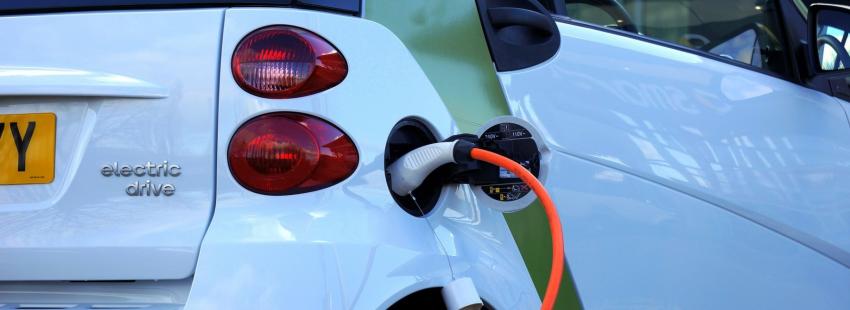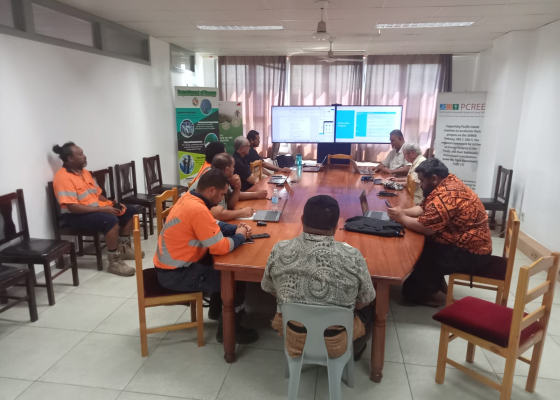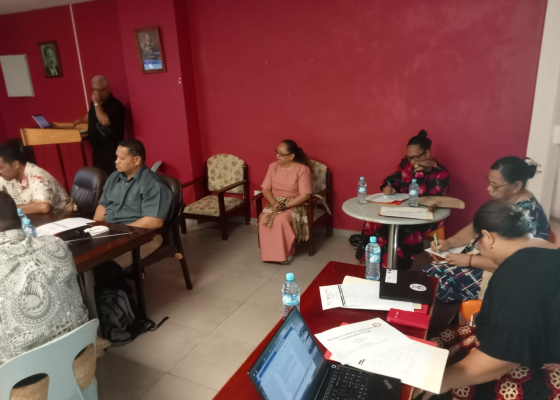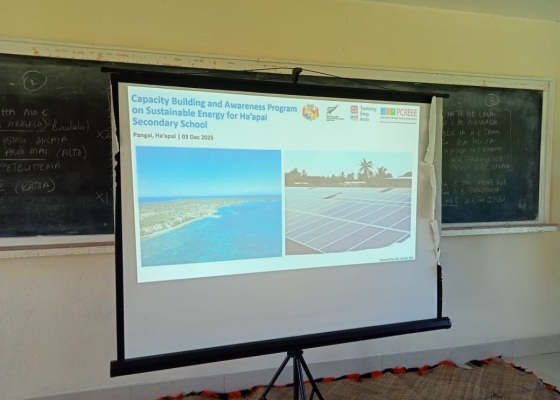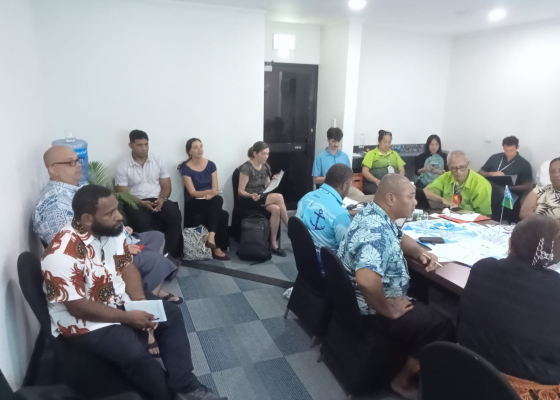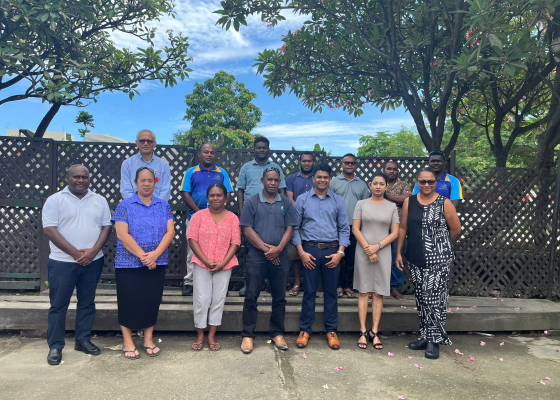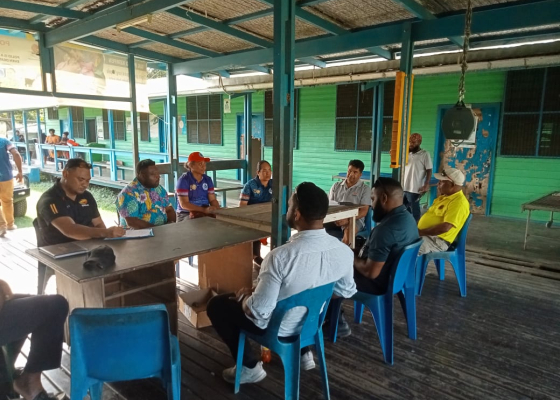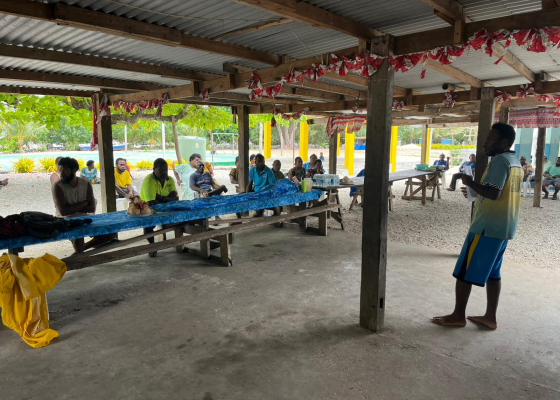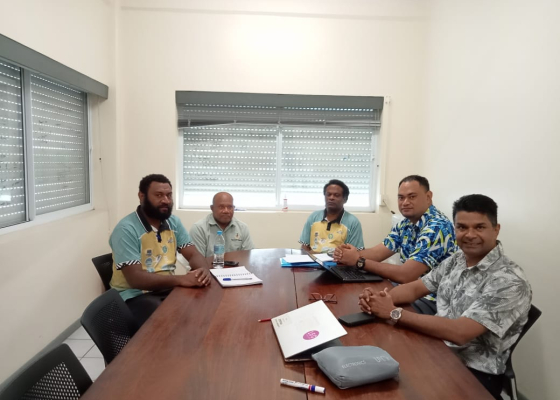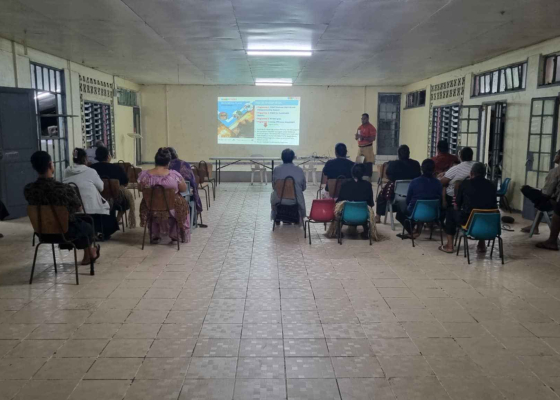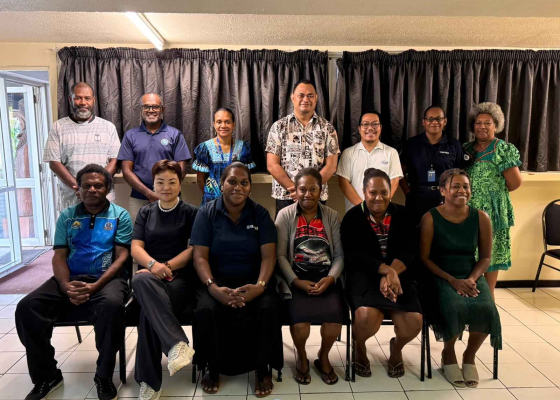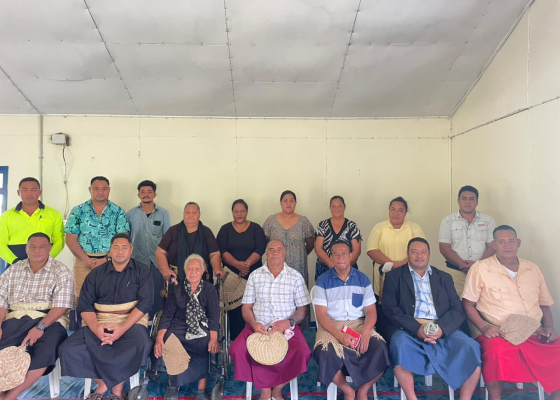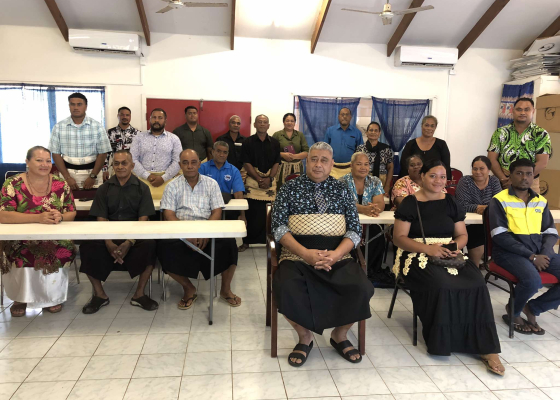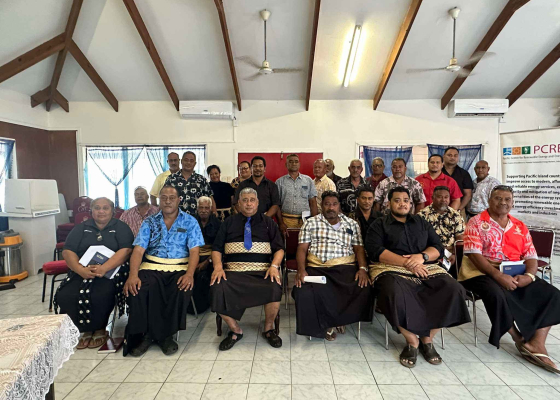PCREEE and UNIDO join efforts to develop a regional e-mobility policy and program for the for Pacific Island Countries and Territories (PICTs)
The Pacific Community (SPC) hosted Pacific Centre for Renewable Energy and Energy Efficiency (PCREEE) and the United Nations Industrial Development Organization (UNIDO) are assisting Pacific Island Countries and Territories (PICTs) in the development of a regional electric mobility (e-mobility) policy and program. Both documents will be presented for consideration at the Fourth Meeting of the Pacific Ministers of Energy and Transport, scheduled to take place end of September 2019 in Apia, Samoa.
An integrated approach that promotes the expansion of renewable energy power generation, e-mobility and electrical storage simultaneously can have mutual benefits and mark a paradigm shift in the power and transport sectors of PICTs. A harmonized regional approach can help to address existing barriers more effectively and at lower cost. It can promote equal progress and standards between countries and create the needed economies of scale to influence international vehicle supply chains and investments in charging infrastructure and e-mobility based business models.
The regional policy will outline the short-term and long-term vision of PICTs with regard to integrated e-mobility and renewable energy power markets. The policy will contribute to the 100% renewable energy vision of the region and reconfirm the “climate leadership” of PICTs also in the land transport sector. It will propose regional e-mobility targets by 2030 and 2050 and include a regional implementation and monitoring framework with concrete priority actions. The policy will address the nexus between the Framework for Action on Energy Security in the Pacific (FAESP), the Framework of Action on Transport Services (FATS), as well as the Framework for Resilient Development in the Pacific (FRDP). It is intended to present the vision in the UN Climate Action Summit and the High-Level Review of the SAMOA Pathway, scheduled to take place on 23rd and 27th September 2019 in New York.
The PCREEE e-mobility program will address existing barriers through targeted regional actions in the areas of policy and regulation, knowledge management and awareness, qualification and certification, demonstration of technology and business models, as well as the promotion of investment, entrepreneurship and innovation. The program will be closely linked to international e-mobility initiatives operating under the Paris Declaration on Electro-Mobility and Climate Change (e.g. Clean Energy Ministerial IEA EVI Initiative, UN Environment´s E-Mobility Program). The program will include south-south and triangular cooperation with other SIDS regions and pioneering e-mobility countries (e.g. China, Norway, US, individual EU countries) within the Global Network of Regional Sustainable Energy Centers (GN-SEC). Currently, CCREEE and ECREEE are involved in similar e-mobility initiatives.
The PCREEE efforts are based on latest international developments and technology innovations. The global electric vehicle (EV) market is growing exponentially. In 2017, the global stock of electric cars surpassed 3 million vehicles. Around 40% of the global electric car fleet is in China, while the European Union and the United States each accounted for about a quarter of the global total. Electric cars accounted for 39% of new car sales in Norway in 2017. Electrification of other transport modes is also developing quickly, especially for 2-wheelers and buses. In 2017, sales of electric buses were about 100.000 and sales of two-wheelers are estimated at 30 million (both mostly in China).
Mr. Martin Lugmayr, Climate Policy and Partnerships Division, Department of Energy, United Nations Industrial Development Organization, e-mail: m.lugmayr@unido.org
Upcoming Events
-
03/25/2026 to 03/26/2026
-
03/26/2026 to 03/27/2026
-
04/09/2026 to 04/10/2026
-
04/20/2026 to 04/24/2026
-
04/27/2026

